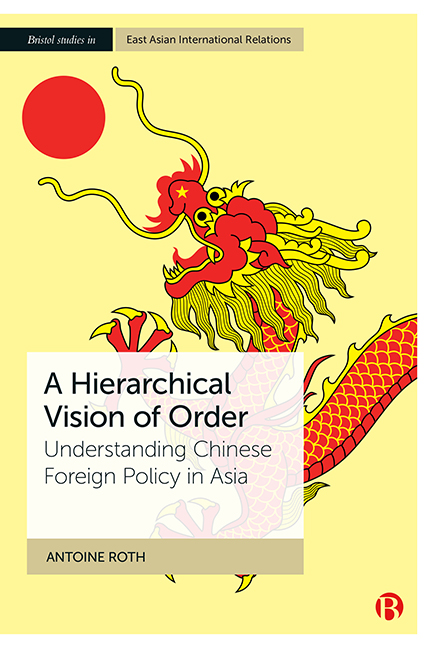Book contents
- Frontmatter
- Contents
- Acknowledgements
- Introduction
- 1 Aspects of Asia as an International System
- 2 The Ideal of Hierarchical Order
- 3 Statecraft in the Long Imperial Era
- 4 China’s Forced Entry into International Society and the Transformation of the Ideal of Hierarchical Order
- 5 The Pursuit of a Hierarchical Order in the People’s Republic of China
- 6 Moral Discourse and Ritual in Contemporary Chinese Diplomacy
- 7 Traditional Tools of Rulership in the Modern World
- Conclusion
- References
- Index
7 - Traditional Tools of Rulership in the Modern World
Published online by Cambridge University Press: 17 January 2024
- Frontmatter
- Contents
- Acknowledgements
- Introduction
- 1 Aspects of Asia as an International System
- 2 The Ideal of Hierarchical Order
- 3 Statecraft in the Long Imperial Era
- 4 China’s Forced Entry into International Society and the Transformation of the Ideal of Hierarchical Order
- 5 The Pursuit of a Hierarchical Order in the People’s Republic of China
- 6 Moral Discourse and Ritual in Contemporary Chinese Diplomacy
- 7 Traditional Tools of Rulership in the Modern World
- Conclusion
- References
- Index
Summary
To wrap up the argument of this book, this chapter looks at the way in which the three traditional ‘tools of rulership’ identified in Chapter 2 – namely, language, awesomeness, and profits – are being employed by the PRC to achieve the vision of a hierarchical international order. Needless to say, those tools have uses other than the ones that will be highlighted here. Yet the orientation towards maintenance of order and of China’s central position is an important one that has deep historical roots and has remained visible throughout the history of the PRC. As noted in Chapter 4, before 1949, a weak and divided China beset by foreign invasion and internal strife was in no position to devote resources to support its position in international society. In its early years, the PRC was still relatively weak but did seek to make use of the power that naturally comes from having founded a unified government ruling over the world’s largest country to sustain its status claim on the world stage. In these early endeavours, it was already clear that traditional ways of thinking about the use of power had endured through the transformations of the early 20th century. This remained true throughout the following decades, and has become more apparent than ever under Xi Jinping. The following pages will discuss in turn how each of the three ‘tools of rulership’ continue to be used in ways reminiscent of China’s imperial past, starting with language. Here, two aspects deserve particular attention. First, PRC leaders have dedicated much attention to their country’s overall ability to have its voice heard internationally and control how its foreign relations are depicted. Second is a more specific use of ‘names’ in one of the central pillars of PRC foreign policy since the 1990s, namely, a network of partnerships that is the closest thing China has to a modern ranks and titles system.
Increasing discourse power
The PRC was initially a poor and technologically backward country, so the resource the CCP could use most liberally was its ability to speak to its citizens and to the rest of international society.
Information
- Type
- Chapter
- Information
- A Hierarchical Vision of OrderUnderstanding Chinese Foreign Policy in Asia, pp. 144 - 166Publisher: Bristol University PressPrint publication year: 2023
